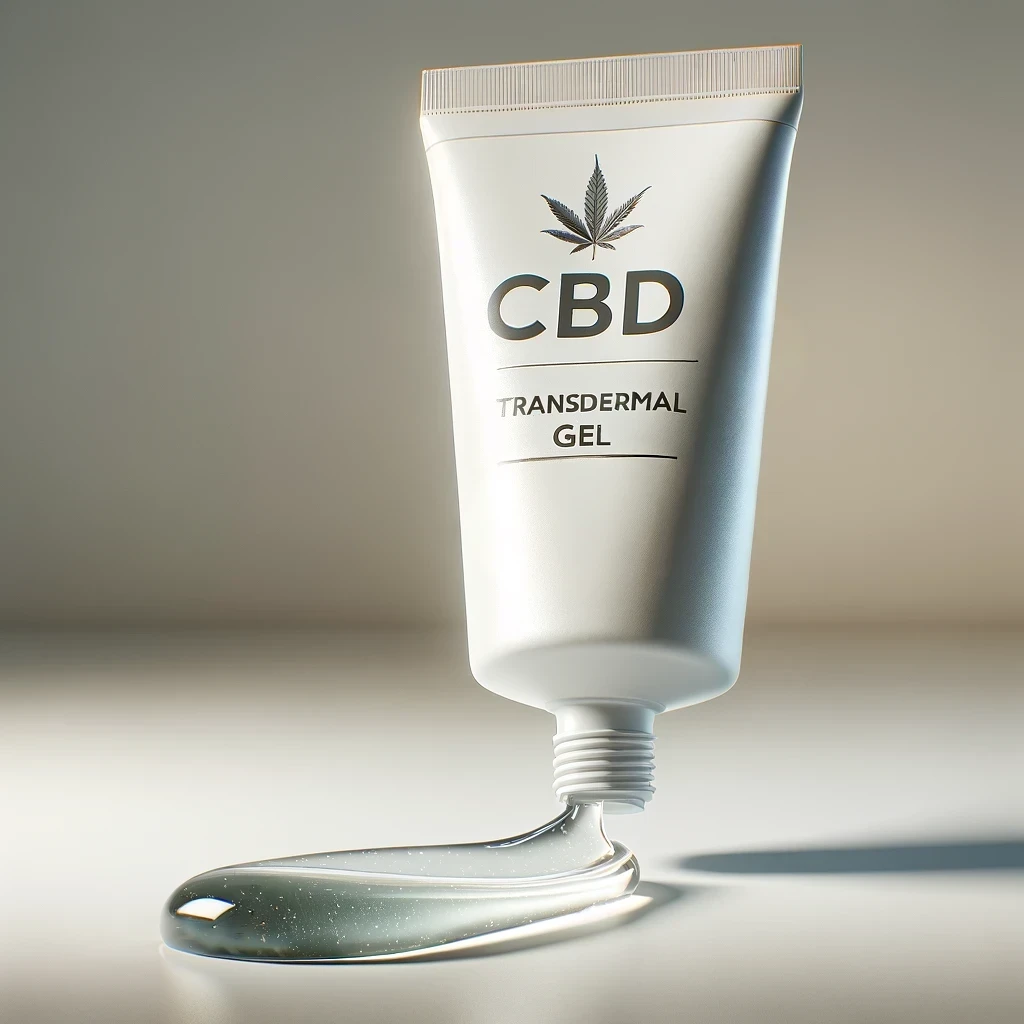A recent study published in the journal Scientific Reports and available online through the National Library of Medicine has revealed promising results for the use of cannabidiol (CBD) in treating hand osteoarthritis (OA).

Conducted by researchers at the University of Sydney, Avecho Biotechnology, and the NTF Group in Australia, the study explored the potential benefits of a novel transdermal CBD gel for managing this chronic condition.
Hand OA is a degenerative disease characterized by chronic pain and impaired functionality, and current treatment options often fall short. CBD has previously demonstrated analgesic and anti-inflammatory effects in preclinical arthritis models, prompting researchers to investigate its efficacy in human subjects.
In this open-label feasibility trial, 18 participants with symptomatic hand OA applied a 4% CBD gel to their most painful hand three times daily for four weeks. Pain levels were tracked using a 0-10 Numeric Pain Rating Scale (NPRS), while hand functionality was assessed through daily grip strength measures via a Bluetooth-equipped squeeze ball and self-report questionnaires. Additionally, quality of life (QoL) metrics, including sleep, anxiety, stiffness, and fatigue, were monitored using a smartphone application. Urinalysis at the end of the trial measured systemic absorption of CBD.
“Pain ratings were significantly reduced over time from pre-treatment baseline including current pain (- 1.91 ± 0.35, p < 0.0001), average pain (- 1.92 ± 0.35, p < 0.0001) and maximum pain (- 1.97 ± 0.34, p < 0.0001)”, states the study. “A significant increase in grip strength in the treated hand (p < 0.0001) was observed although self-reported functionality did not improve.”
Researchers also found that there “were significant improvements in three QoL measures: fatigue, stiffness and anxiety.”
The study’s full abstract can be found below.
Hand osteoarthritis (OA) is an irreversible degenerative condition causing chronic pain and impaired functionality. Existing treatment options are often inadequate. Cannabidiol (CBD) has demonstrated analgesic and anti-inflammatory effects in preclinical models of arthritis. In this open-label feasibility trial, participants with symptomatically active hand OA applied a novel transdermal CBD gel (4% w/w) three times a day for four weeks to their most painful hand. Changes in daily self-reported pain scores were measured on a 0-10 Numeric Pain Rating Scale (NPRS). Hand functionality was determined via daily grip strength measures using a Bluetooth equipped squeeze ball and self-report questionnaire. Quality of life (QoL) ratings around sleep, anxiety, stiffness and fatigue were also measured. All self-report measures and grip strength data were gathered via smartphone application. Urinalysis was conducted at trial end to determine systemic absorption of CBD. Eighteen participants were consented and 15 completed the trial. Pain ratings were significantly reduced over time from pre-treatment baseline including current pain (- 1.91 ± 0.35, p < 0.0001), average pain (- 1.92 ± 0.35, p < 0.0001) and maximum pain (- 1.97 ± 0.34, p < 0.0001) (data represent mean reduction on a 0-10 NPRS scale ± standard error of the mean (SEM)). A significant increase in grip strength in the treated hand (p < 0.0001) was observed although self-reported functionality did not improve. There were significant (p < 0.005) improvements in three QoL measures: fatigue, stiffness and anxiety. CBD and its metabolites were detected at low concentrations in all urine samples. Measured reductions in pain and increases in grip strength seen during treatment reverted back towards baseline during the washout phase. In summary, pain, grip strength and QoL measures, using smartphone technology, was shown to improve over time following transdermal CBD application suggesting feasibility of this intervention in relieving osteoarthritic hand pain. Proof of efficacy, however, requires further confirmation in a placebo-controlled randomised trial.Trial registration: ANZCTR public trials registry (ACTRN12621001512819, 05/11/2021).








